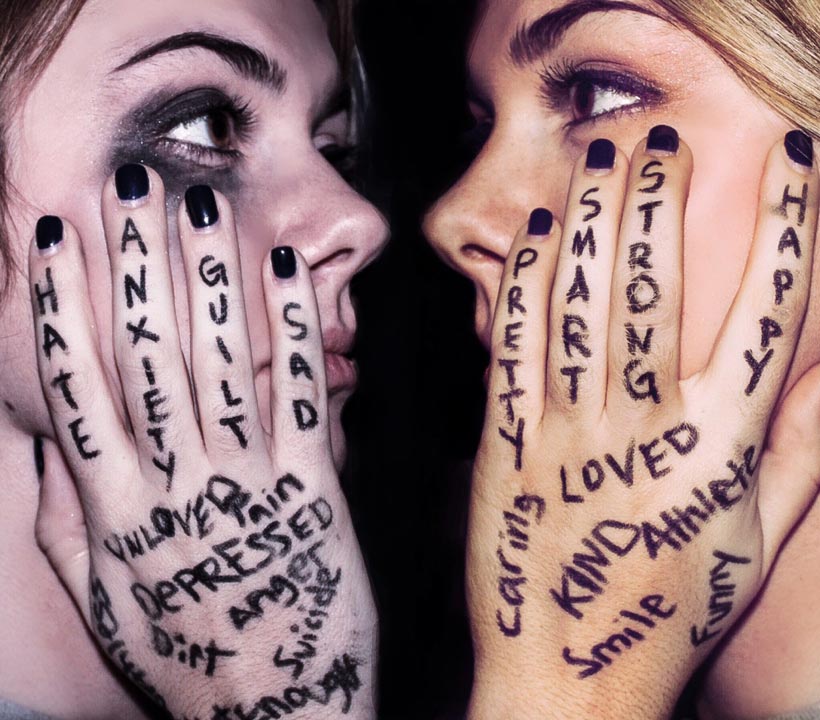Anxiety Disorder Treatment
Anxiety is a normal reaction to stress. Everyone has concerns, possible worries, or feels nervous at times. However, for people living with an anxiety disorder, their anxiety persists and can get worse over time. This can interfere with work, school, family, friends, and personal relationships. Over time, anxiety disorders can grow to severely impair the quality of your life.
Common symptoms for people suffering with an anxiety disorder are:
- incapacitating phobias
- constant restlessness or frustration
- stress-induced insomnia
- obsessive thoughts
- panic attacks
- persistent worries
- irritability or being prone to anger
- difficulties concentrating
- suffering from depression
Anxiety disorders are also the most common psychiatric disorders diagnosed in childhood and adolescence. Pediatric anxiety disorders that may begin in childhood include generalized anxiety disorder, social anxiety disorder, and separation anxiety disorder.
It’s important to know that you don’t have to live with anxiety and fear. Anxiety treatment can help, and for many anxiety problems, therapy is often the best treatment for anxiety. That’s because anxiety therapy treats more than just the symptoms of the problem. An anxiety therapist can uncover the underlying causes of your fears and worries, and teach you ways to relieve anxiety. You can learn how to relax. You can look at situations in new, less frightening ways, and develop better coping skills. Therapy can give you the right tools to overcome anxiety and the ability to use them.



